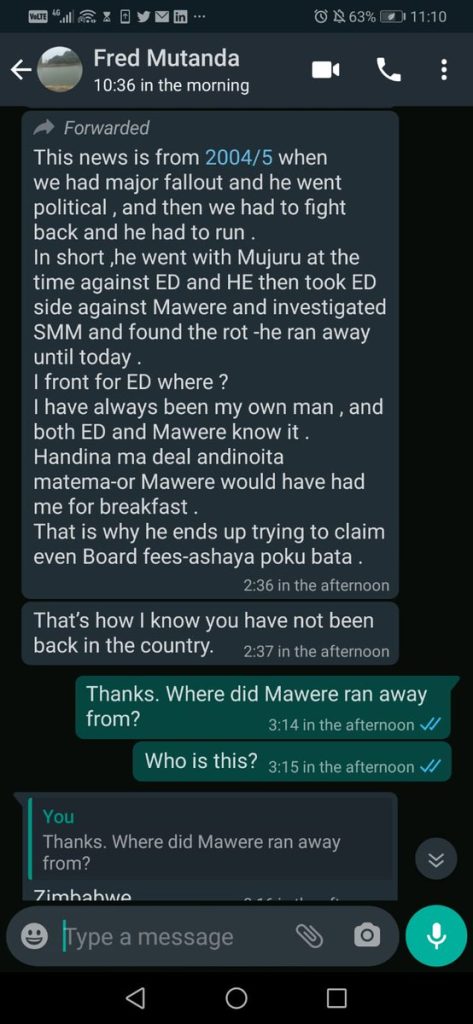Published
3 days agoon

The legal conflict between Tichaona Mupasiri and Kirsty Simpson of DLA Piper has escalated into a broader controversy implicating the Republic of South Africa’s judiciary and executive branches. The involvement of high-ranking officials, including President Cyril Ramaphosa, the Chief Justice, and the Parliament, highlights the gravity of the allegations and raises significant questions about South Africa’s adherence to constitutional principles and the rule of law.
Mupasiri’s accusations against Simpson and her firm for misrepresentation in South African courts have far-reaching implications. He contends that the courts were misled into recognizing and adjudicating matters related to SMM Holdings under the Reconstruction Law, a law he claims is inconsistent with South Africa’s constitution. The potential recognition of a legal nullity by South African courts undermines their integrity and raises questions about judicial oversight and due diligence.
President Cyril Ramaphosa faces significant prejudice in this matter. The copying of correspondence to the President, the Chief Justice, and Parliament underscores the severity of the situation and the need for a high-level response. There are calls for the President to establish a commission of inquiry to investigate how SMM Holdings was given audience in South African courts despite the legal inconsistencies.
Retired Judge Travos, now based in Canada, criticized the South African judiciary, stating, “The courts of South Africa failed dismally by recognizing SMM under Reconstruction, a company that was borne out of a confiscatory, draconian and revenue law which calls for expropriation without compensation and which to date flouts the supreme law of South Africa. I don’t know why President Ramaphosa is refusing to institute a commission of inquiry.”
Judge Travos also highlighted potential conflicts of interest involving President Ramaphosa’s associates: “His friend Rutenhure Moyo, who was once associated with Shanduka Beverages, is now on the Board of FBC, a company taken over from Mawere by the government of Zimbabwe. Lloyd Msipa is a director at Schweppes, a company whose bottling equipment SMM under reconstruction failed to pay to Petter Trading in South Africa. This led to the administrator and Chinamasa receiving a US$2.7 million bribe from Coca Cola to take ownership of the equipment, which belonged to Peter, a South African company. This is a serious white-collar crime involving top lawyers and the President of South Africa.”
The possibility of impeachment looms if the allegations gain traction and if there is evidence of gross misconduct or constitutional violations by the President. Key factors that could influence impeachment proceedings include:
The legal battle between Tichaona Mupasiri and Kirsty Simpson has escalated into a significant constitutional and political issue for South Africa. The implications for President Ramaphosa are profound, with potential consequences for his administration’s stability and his political future. The unfolding events will be closely watched, as they hold the potential to reshape South Africa’s legal and political landscape.
A political writer with an inclination to justice.





Warning: Undefined variable $user_ID in /home/iniafrica/public_html/wp-content/themes/zox-news/comments.php on line 49
You must be logged in to post a comment Login